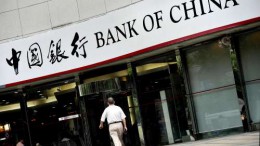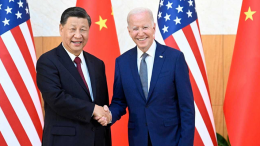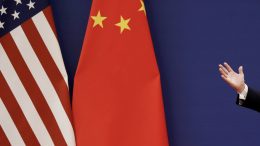China is a relevant market for foreign banks, but there are hurdles beyond market entry
Alicia García Herrero (Natixis) | China’s banking sector technically opened up to full foreign competition in late 2019, as an aftermath of the Trump-Xi meeting in Beijing in 2017. The formal announcement has hardly changed the situation of foreign banks operating in China, which have a small and decreasing market share as well as lower profitability than domestic peers. Lower foreign participation than peers Despite the further opening, the share…









